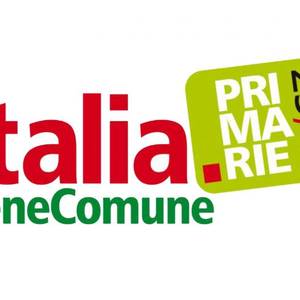As Leonardo Sciascia once said, it is easy to manage wealth, but hard to manage misery. These are tough times for Italy as elsewhere, and the sight of shops shutting down and factory closures is the elephant in the room of the national general elections just three weeks away. All this is serious enough, but is further aggravated by the daily revelations of the financial shenanigans at the world's oldest bank, the Monte di Paschi (MPS) of Siena, where huge losses were craftily concealed while managers are under investigation for allegedly enriching themselves (the scandals refer to the previous, not the present management, in office just one year).
You chose: renzi
-
-
Mario Monti announces his formal entry into politics after 13 months of technical leader of Italy. The outgoing Premier has won the support of the Vatican. However, the polls continue to tell the story. They suggest that Monti has obtained the 20% of the potential electorate for the national general elections slated to take place in late February. Polls also show Silvio Berlusconi (on the right with his troubled Freedom Party (PdL)) at about the same amount while Pier Luigi Bersani (on the left with Partito Democratico) is expected to have at least 35% of vote.
-
At the primaries of the Democratic Party (PD), Pier Luigi Bersani has triumphed, walking away with 63.45% of the votes over his younger rival Matteo Renzi who won only 36.48%. What are the future possible scenarios for the Italian politic?
-
Over 3.1 million turned out to vote, with many waiting hours in line. Some of the 9,232 improvised polling stations, all staffed by volunteers, remained open into the late evening to allow as many as possible to vote. It was, in the end, a vote for democracy itself, and not only PD party leaders and activists rejoiced at this.

































